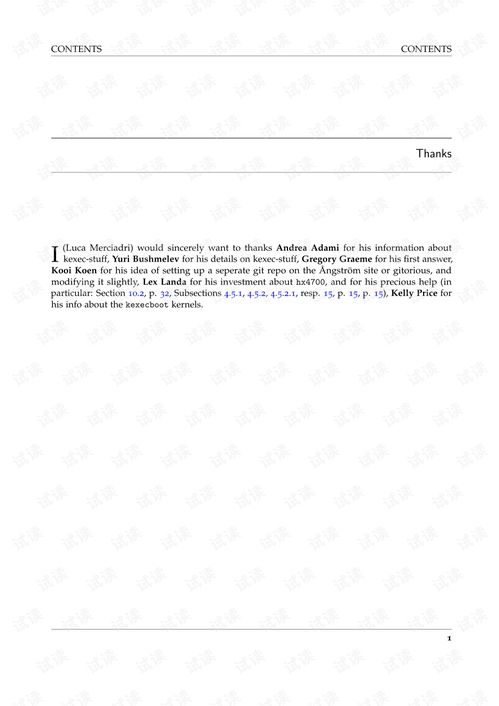
Have you ever felt a gnawing sense of unease, a persistent worry that seems to linger in the back of your mind? This feeling is often described as angst, a term that originates from the German language and has found its way into English to encapsulate a complex emotional state. In this article, we delve into the intricacies of angst, exploring its definition, causes, manifestations, and how it differs from other related emotions like anxiety and worry.
Understanding Angst

Angst is often translated as anxiety or worry, but it goes beyond these simple definitions. It is a deep-seated feeling of unease that can be difficult to shake off. Unlike fleeting anxiety, which may be triggered by a specific event or situation, angst tends to be more pervasive and can be difficult to pinpoint its exact cause.
Angst can manifest in various ways, including physical symptoms such as a racing heartbeat, sweating, and trembling. It can also manifest as psychological symptoms, such as a constant feeling of dread, an overwhelming sense of fear, or a persistent sense of dread.
Causes of Angst

The causes of angst can be multifaceted, ranging from personal experiences to broader societal factors. Here are some common causes of angst:
| Personal Experiences | Societal Factors |
|---|---|
| Loss of a loved one | Political instability |
| Financial stress | Environmental concerns |
| Relationship problems | Technological advancements |
| Health issues | Cultural shifts |
It’s important to note that angst can be triggered by a combination of these factors, and each individual’s experience may vary.
Manifestations of Angst

Angst can manifest in various ways, and it’s important to recognize these signs to seek appropriate support. Some common manifestations of angst include:
-
Insomnia or difficulty falling asleep
-
Restlessness or irritability
-
Loss of interest in activities you once enjoyed
-
Feelings of hopelessness or worthlessness
-
Physical symptoms such as headaches, stomachaches, or fatigue
It’s important to seek professional help if you experience these symptoms, as they can indicate a more serious condition such as anxiety disorder or depression.
Distinguishing Angst from Anxiety and Worry
While angst, anxiety, and worry are related emotions, they have distinct characteristics. Here’s a table to help you differentiate between them:
| Emotion | Duration | Intensity | Trigger |
|---|---|---|---|
| Angst | Persistent | High | Unknown or multifaceted |
| Anxiety | Short-term | Medium to high | Specific event or situation |
| Worry | Short-term | Low to medium | Specific concern or fear |
Understanding the differences between these emotions can help you better manage your feelings and seek appropriate support when needed.
Seeking Support
Dealing with angst can be challenging, but there are various ways to seek support and manage your emotions. Here are some suggestions:
-
Seek professional help: A therapist or counselor can provide guidance and support to help you manage your angst.
-
Practice mindfulness: Mindfulness techniques, such as meditation and deep breathing exercises, can help you stay grounded and reduce feelings of angst.
-
Engage in physical activity: Exercise can




